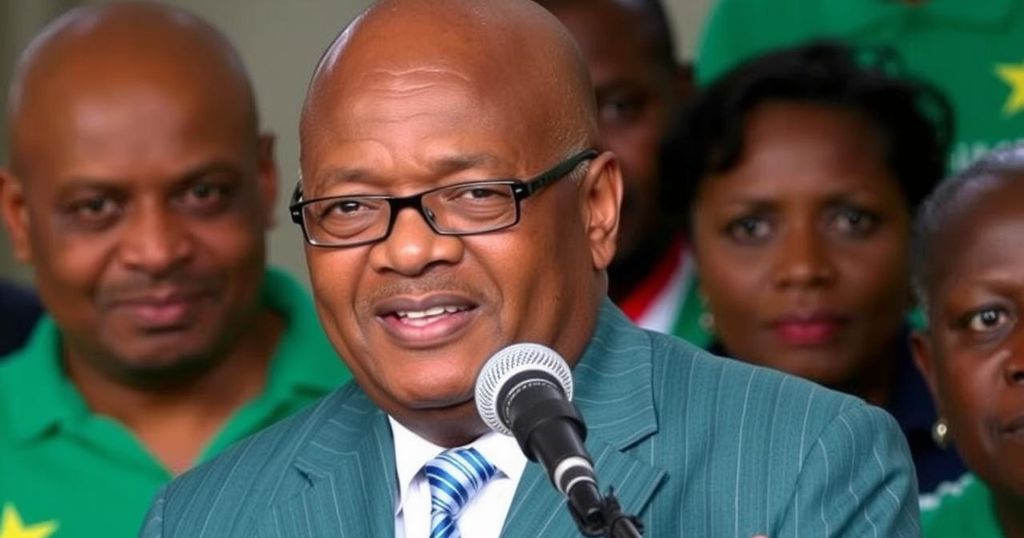Mozambique’s Court Affirms Frelimo Election Win Amid Ongoing Protests

Mozambique’s top court affirmed ruling party Frelimo’s election victory amid allegations of fraud, leading to significant protests and clashes resulting in casualties. With the Constitutional Council confirming Daniel Chapo as president-elect, unrest poses risks to national stability and economic growth projections. Opposition factions vehemently opposed the ruling, citing undermined electoral legitimacy.
Mozambique’s Constitutional Council has affirmed Frelimo’s victory in the controversial October elections, igniting widespread protests from opposition factions who allege electoral fraud. The ruling, which confirmed Frelimo’s Daniel Chapo as president-elect with about 65% of the vote, suggests potential for further unrest in the nation of approximately 35 million, where Frelimo has maintained power since 1975. Post-election unrest has already resulted in significant casualties and disruption, impacting both local citizens and international businesses operating in the region.
On the streets of Maputo, where a heavy police presence was noted, protests erupted swiftly after the ruling was announced. The opposition, led by Venancio Mondlane, contested the legitimacy of the electoral process, with spokesperson Judite Simao condemning the outcome as a betrayal of the public will. The Constitutional Council’s decision to assign fewer parliamentary seats to Frelimo than the electoral commission had previously reported raises further questions about the integrity of the election.
The unrest following the election has created serious implications for national stability and economic prospects. The International Monetary Fund has forecasted a decline in Mozambique’s 2024 economic growth, attributing this adjustment to the climate of unrest and the recent severe weather events like Cyclone Chido. These elements threaten not only political stability but also the operational viability of foreign investments and infrastructure efforts in Mozambique.
The political landscape in Mozambique has been dominated by the Frelimo party since it became independent in 1975. The recent elections, characterized by allegations of vote rigging and unfair practices, have intensified the scrutiny on Frelimo’s governance. The involvement of Western observers in critiquing the electoral process, alongside the significant public backlash, marks a pivotal moment in Mozambique’s political history. This unrest reflects deeper societal discontent, potentially affecting both the local economy and international relations, especially in the context of ongoing natural disasters that impact recovery efforts.
In summary, the confirmation of Frelimo’s victory in the disputed elections lays bare the ongoing tensions between the ruling party and opposition forces in Mozambique. Coupled with fatal clashes between protesters and police, this situation has serious implications for the country’s stability and economic future. Frelimo’s long-standing governance is now facing unprecedented challenges as public skepticism grows regarding its electoral integrity, risking further social unrest in the coming months.
Original Source: www.cnn.com







